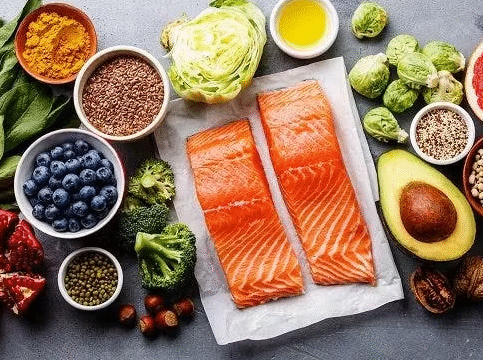Most of us enjoy something sweet now and then—whether it’s a pastry with coffee, a soft drink in the afternoon, or dessert after dinner. But have you ever noticed how your energy sometimes feels high right after eating sugar, only to drop soon after? That rise and fall is connected to how your body and brain respond to sugar spikes.
What Is a Sugar Spike?
A sugar spike happens when your blood sugar (glucose) level rises quickly after eating or drinking something high in sugar or refined carbohydrates. Since the brain relies on glucose for fuel, these changes can influence how you feel in the moment.
The Brain’s Short-Term Boost
When sugar enters the bloodstream quickly, the brain gets a sudden burst of energy. This may make you feel more alert or even give a brief sense of improved mood. That’s why sweet foods can sometimes feel comforting or energizing right away.
The Crash That Follows
After a spike, your body works to bring blood sugar levels back to normal. This can sometimes lead to a “sugar crash,” where energy dips and you might feel sluggish, less focused, or irritable.
Everyday Examples of Sugar Spikes
-
Drinking a soda on an empty stomach
-
Eating candy or pastries instead of a balanced snack
-
Skipping meals and then grabbing something very sweet later
Balanced Alternatives
The good news is, pairing sweet foods with protein, fiber, or healthy fats can slow down the rise in blood sugar and help keep energy steadier.
Examples:
-
Apple slices with peanut butter
-
Whole-grain toast with jam and a sprinkle of nuts
-
Yogurt with fruit instead of ice cream alone






